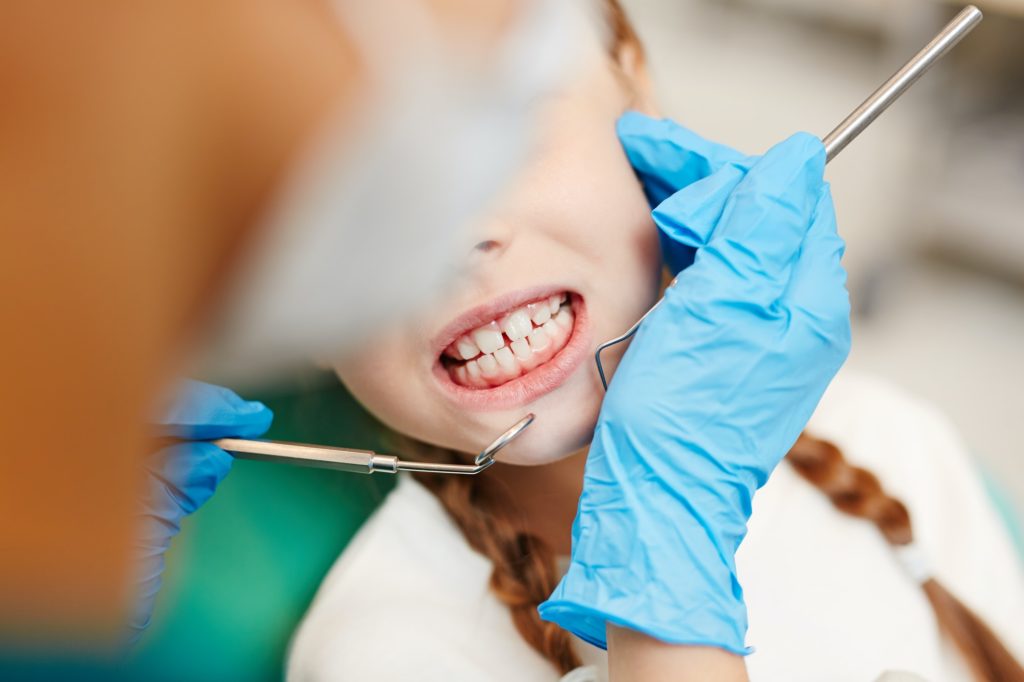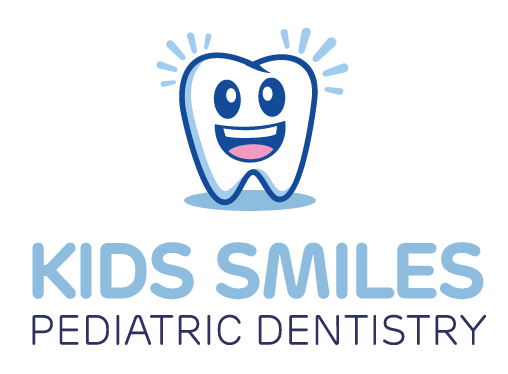Location
9735 Landmark Parkway Dr.
Suite #16 St. Louis, MO 63127
Call Us
(314) 270-5817
- Home
- About
- New Patients
- Services
- Dental Health Nutrition
- Fillings
- Fluoride Treatments
- Impacted Teeth
- Interceptive Orthodontics
- Laser Frenectomy
- Mixed Dentition
- Nitrous Oxide & General Anesthesia
- Pediatric Crowns
- Pulp Therapy
- Sealants
- Sensitive Teeth Treatment
- Space Maintainers
- Teeth Cleaning, X-Rays & Exams
- Teeth Whitening
- Tooth Extractions
- Tooth Decay Treatment
- Trauma Treatment
- Lip Tie
- Tongue Tie
Category
- Who We Help
- FAQs
- Resources
- Contact Us


